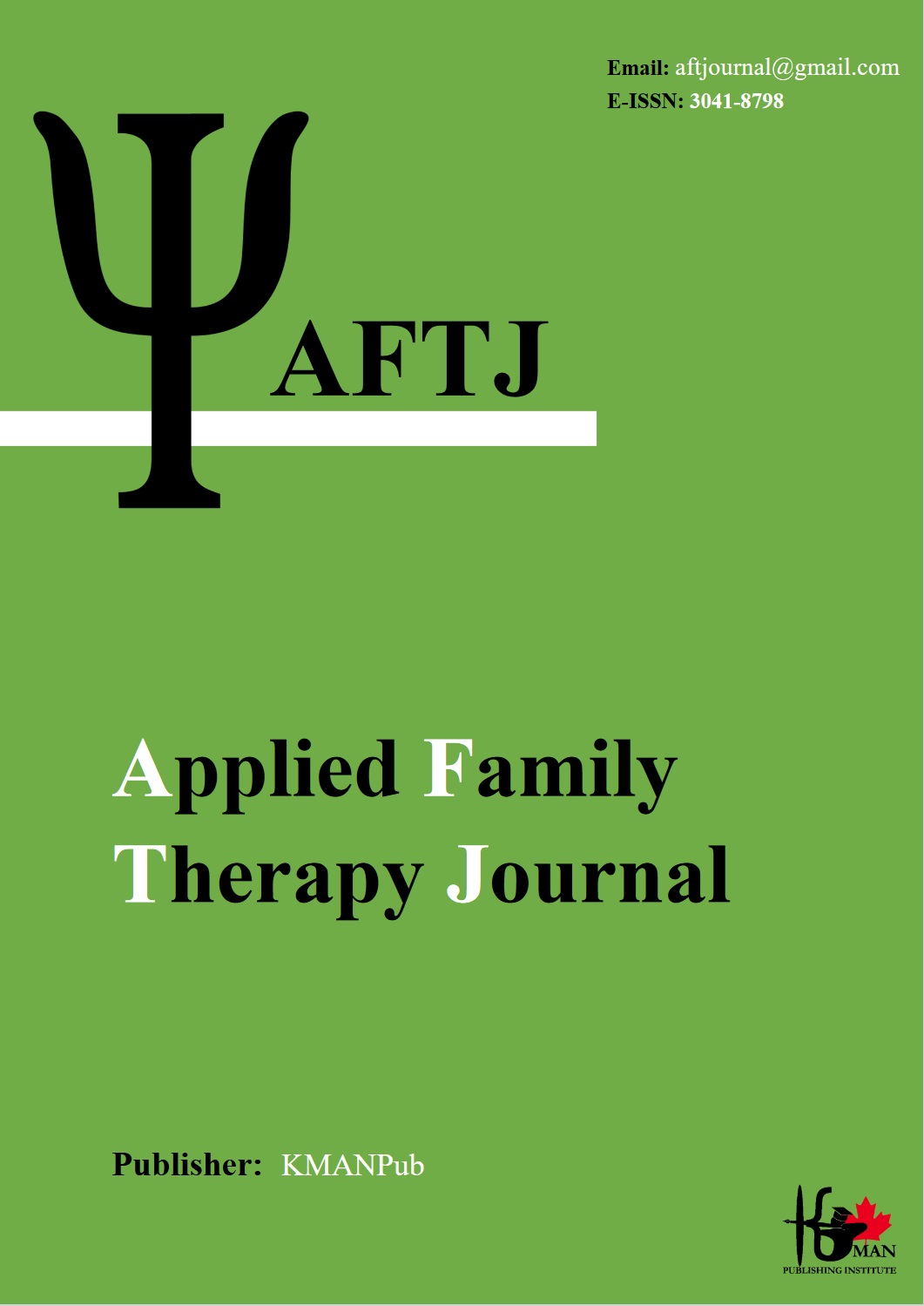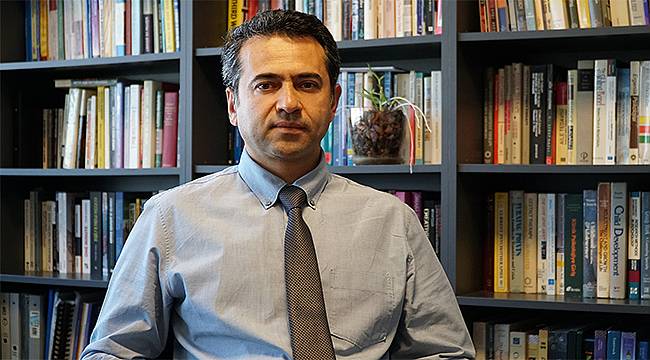The measurement of the effectiveness of schema therapy and problem-solving skills training on mental well-being (life satisfaction and positive and negative emotions) of married men who have the drug abuse problem
Keywords:
Schema Therapy, Problem Solving, Positive Affects, Negative Affects, Life SatisfactionAbstract
Aim: This study aimed to compare the effectiveness of schema therapy and problem solving skills training on the mental well-being of married men who abuse drugs and are in addiction treatment centers in Sarpol Zahab. Methods: The present research method was quasi-experimental with pre-test-post-test design and follow-up period with two study and control groups. The statistical population included all addicted married men who went to addiction treatment centers in Sarpol Zahab city in 2018-2019. Sixty people were selected by convenience sampling and were randomly replaced into three groups, including 20 people in the study group of schema therapy, 20 people in the study group of problem-solving skills, and 20 people in the control group. First, all three groups were assessed with the Life Satisfaction Scale of Diener et al. (1985) and the Positive and Negative Affect Schedule (Watson et al., 1988). Both study groups received 12 sessions of 90 minutes under the intervention of Young, Young, J. E., Klosko, J. S. & Weishaar, M. E. (2003). Schema therapy, and Dixon & Clover Problem Solving Skills 1984, and the control group did not receive any intervention. The data were analyzed using mixed variance analysis of repeated measures. Results: The results indicated the effect of schema therapy intervention on negative emotions (F = 24.48, P = 0.001), positive emotions (F = 31.84, P = 0.001) and life satisfaction (= 3.82). F, P = 0.081) and the effect of the intervention of problem solving skills on negative emotions (F = 29.74, P = 0.001), positive emotions (F = 21.58, P = 0.001) and life satisfaction (46/46). F = 4, P = 0.041). And this effect remained stable in the follow-up stage. Conclusion: Based on the results of the study, it can be concluded that schema therapy and problem-solving skills can be used by therapists as the preferred therapies in the interventions of drug users.
Downloads
Downloads
Published
Issue
Section
License

This work is licensed under a Creative Commons Attribution-NonCommercial 4.0 International License.























